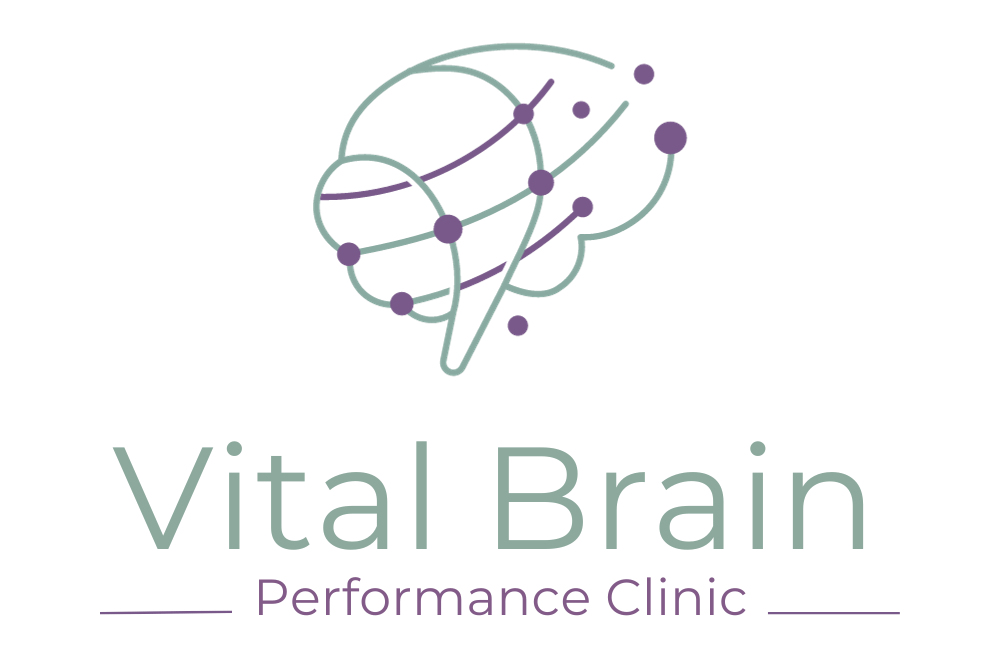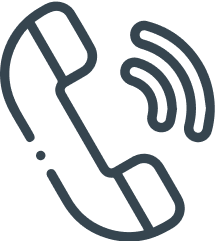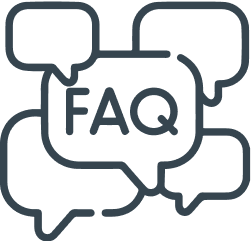Behavioral challenges, such as depression, anxiety, and ADHD, can significantly impact individuals’ lives. While traditional therapies like medication and psychotherapy have proven effective, exploring alternative treatments for behavioral challenges can offer additional support and potentially enhance outcomes.
Integrating Neurofeedback with Conventional Therapy: Enhancing Results for ADHD and Anxiety

Neurofeedback is a non-invasive technique that uses brainwave monitoring to train individuals to regulate their brain activity. By identifying and addressing abnormal brain patterns, neurofeedback can be beneficial for conditions like ADHD and anxiety. When combined with traditional therapies, neurofeedback can provide a more comprehensive approach to managing these challenges.
For ADHD, neurofeedback can help improve attention and focus and reduce impulsivity. By targeting specific brain areas involved in these functions, neurofeedback can complement medication and behavioral therapy, leading to greater symptom improvement.
Similarly, neurofeedback can be effective for anxiety. By teaching individuals to regulate their stress response and promote relaxation, neurofeedback can reduce anxiety symptoms and improve overall well-being. When combined with cognitive-behavioral therapy (CBT), neurofeedback can provide a powerful tool for managing anxiety.
Alternative Treatments for Behavioral Challenges: A Holistic Approach to OCD and Depression
Nutrition plays a vital role in mental health. Emerging research suggests that certain dietary factors can influence brain chemistry and contribute to alternative treatments for behavioral challenges like OCD and depression. Incorporating nutrition counseling into traditional therapy can provide a holistic approach to managing these conditions.
For OCD, a balanced diet rich in essential nutrients can support brain function and reduce symptoms. Nutrition counseling can help individuals identify and address any dietary deficiencies or sensitivities that may be exacerbating their OCD symptoms. When combined with exposure and response prevention (ERP) therapy, nutrition counseling can enhance treatment outcomes.
Depression can also be influenced by dietary factors. Nutrient-dense foods can support mood regulation and energy levels. A nutrition counselor can help individuals develop a personalized eating plan that addresses their specific needs and promotes mental well-being. When combined with antidepressant medication and psychotherapy, nutrition counseling can provide a more comprehensive approach to managing depression.
Alternative treatments for behavioral challenges offer promising possibilities for individuals seeking additional support. By integrating techniques like neurofeedback and nutrition counseling with traditional therapies, individuals can explore a more holistic and personalized approach to managing their mental health. If you or your child are struggling with depression, anxiety, ADHD, or other behavioral challenges, consider reaching out to Vital Brain Performance Clinic to learn more about how our alternative treatments can complement your current care plan.




